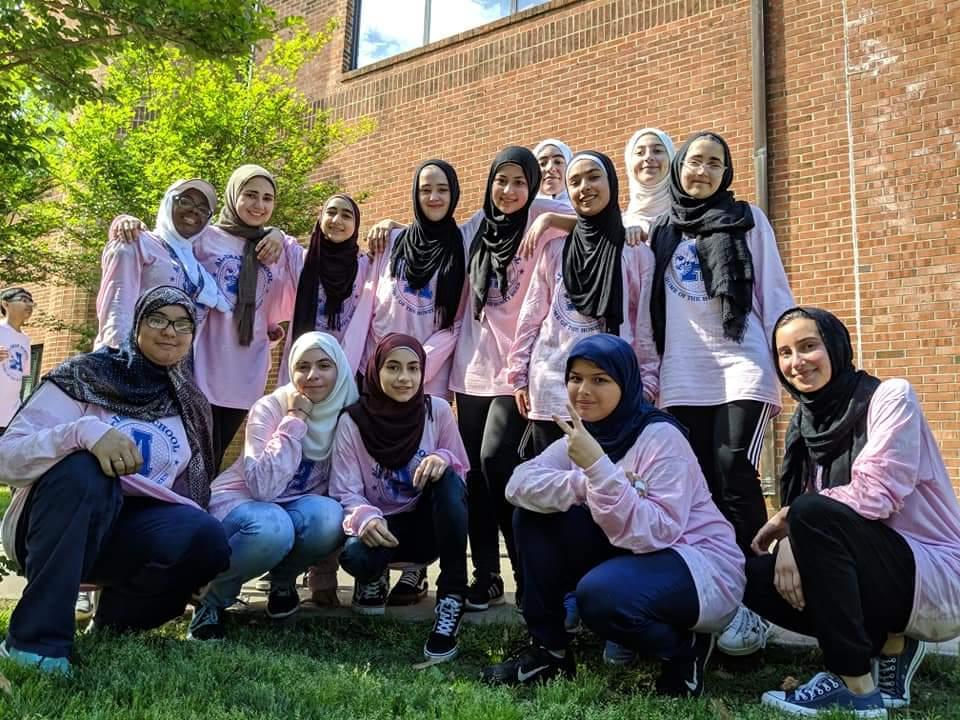Middle School
The Middle School Program at Al-Iman focuses on preparing students for a challenging, fast pace, and dynamic future. Ensuring our students receive instruction that is applicable and comprehensive to prepare for high school and post secondary education is our priority. Below are the standards and objectives per subject.
Common Core Standards
English Language Arts
Math
Social Studies
Next Generation
Science
Islamic Studies
Bureau of Islamic and Arabic Education
The mission of the Islamic Studies program of the BIAE is to awaken in our new Muslim generation a love and understanding of ALLAH, His messengers and Islam. This love and understanding will be the foundation of their intellectual, emotional and spiritual life, providing thereby a sound basis for rational and reflective understanding of the people and the world around them. It aims to nurture an identity in each child as a confident and faithful American Muslim who understands his/her pivotal role as a contributing member of the Muslim community as well as of society at large. Upon graduation from Middle School, the students should be able to:
-
- Practice moral and spiritual submission to Allah and glorify His attributes.
- Analyze the significance of the Hijra and of the Madinah phase of the surah.
- Evaluate the significance of the Qur’an and Sunnah in the life of every human being.
- Identify all principal aspects of the five pillars of Islam.
- Know the essential elements of the sciences of Qur’an and Hadith.
- Identify the sources, principles and key figures of Islamic Law (Shari’ah), recognize the different schools of thought and the significance of Ijtihad in Islam.
- Practice basic Islamic social skills and etiqutte (Male/Female relations, family and marriage, ethics of disagreement, arts of discussion, taming voice, keeping appointment, and significance of body language, etc.).
- Identify major events and key figures of Islamic History and civilization.
- Identify some contemporary Muslim countries, cultures, movements and figures and be able to differentiate between a Muslim country and an Islamically governed country.
- Analyze the differences and commonalities between Islam and other religions and belief systems, and identify Islamic principles that govern relationships with non-Muslims.
- Evaluate current issues using Islamic principles (Human and civil rights, democracy and Islam, Islam in America, the Ummah vs. international community, abortion, and medical ethics, etc.).
- Develop decision-making skills using the Qu’ran, Sunnah and basic values as guidelines.
- Differentiate between cultural and Islamic practices.
Arabic
American Council on the Teaching of Foreign Languages
ACTFL is the framework Al Iman School uses for teaching students the Arabic Language
Quranic Studies
-
- Al Iman School has developed an in-house Quranic Studies Curriculum which follows the following strands:
- Quran Memorization
- Tafseer
- Application to daily life
- Vocabulary
- Al Iman School has developed an in-house Quranic Studies Curriculum which follows the following strands:





